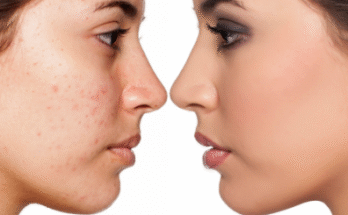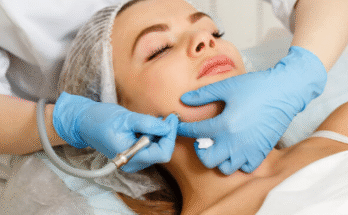Acne is one of the most common skin concerns around the world, and it can show up at any age. While there are many over-the-counter products and medical treatments available, a growing number of people prefer to explore natural options first. Gentle, everyday approaches can often improve skin health, reduce breakouts, and make you feel more confident in your skin. Treating acne naturally does not have to be complicated, and it usually focuses on lifestyle adjustments, mindful skincare, and home remedies that support the skin’s natural balance.
One of the most effective steps in managing acne naturally is keeping a consistent cleansing routine. Washing your face with a mild, fragrance-free cleanser twice a day helps remove excess oil, dirt, and bacteria without stripping the skin of its natural moisture. Harsh soaps or scrubs can irritate the skin, so it is better to choose gentle formulas. After cleansing, patting the skin dry with a soft towel instead of rubbing prevents unnecessary irritation.
Diet also plays a role in supporting clear skin. While no single food directly causes acne for everyone, some studies suggest that reducing sugar and highly processed foods may be beneficial. Eating fresh fruits, vegetables, whole grains, and foods rich in omega-3 fatty acids can help calm inflammation in the body. Staying hydrated with plenty of water is another simple but powerful step. When the body is well-hydrated, the skin is better able to flush out impurities and maintain elasticity.
Stress management is another important piece of the puzzle. High stress levels can trigger hormonal fluctuations, which in turn may lead to breakouts. Finding healthy ways to relax, whether through deep breathing, yoga, meditation, or a daily walk, can make a noticeable difference. A good night’s sleep also allows the skin to repair itself, so aiming for regular rest is one of the most natural ways to support overall skin health.
Certain natural ingredients have been traditionally used to calm acne-prone skin. For example, diluted tea tree oil is known for its antibacterial properties and may help reduce redness. Aloe vera gel, taken directly from the plant or purchased in pure form, can soothe irritation and promote healing. Honey, especially raw or organic types, has gentle cleansing properties and can be applied as a mask. It is always important to test a small area of skin first before applying any new natural ingredient to the whole face.
Maintaining good everyday habits also contributes to clearer skin. Washing pillowcases and towels regularly prevents bacteria from coming into contact with your face. Avoiding the temptation to touch or squeeze pimples helps the skin heal faster and reduces the risk of scarring. Choosing non-comedogenic skincare and makeup products, which are designed not to clog pores, can also help minimize breakouts.
It is worth remembering that natural remedies may take time to show results. Unlike stronger medical treatments, gentle methods work gradually and depend on consistency. Patience and regular care often lead to healthier, clearer skin over time. If acne persists or causes significant discomfort, it may be wise to consult a dermatologist, who can guide you toward options that work best for your skin type.
Natural acne care is about more than treating blemishes. It is about creating balance in your daily life and nurturing your skin with kindness. By paying attention to diet, stress, hydration, and simple home remedies, you give your skin the environment it needs to thrive. Everyone’s skin is different, so the key is to listen to your body and make small adjustments until you find what feels right for you. With gentle and consistent care, natural methods can be a refreshing way to support clear and glowing skin.

